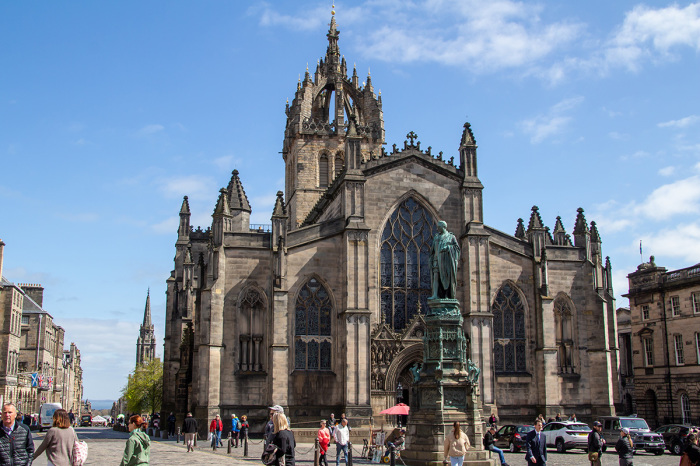Nearly 70% of Christians in Scotland say they've experienced prejudice: survey

More than two-thirds of Christians in Scotland report having experienced some form of prejudice for their faith, according to a recent survey by a United Kingdom-based Christian think tank.
Logos Scotland conducted a survey of 1,077 Christian and non-Christian respondents from January to April, a copy of which was provided to The Christian Post on Tuesday.
When asked if they had “experienced any form of prejudice,” nearly 70% of respondents either responded that they “agree” or “strongly agree,” while about 5% “strongly disagreed.”
However, most of the Christians surveyed also reported that they “can be open about being a Christian” in both private and public settings, such as work, school and among neighbors.
Logos Scotland Chief Executive Shona Haslam told CP that while she was not “surprised” by the overall survey results, it is still “good to collect the data.”
“I think we were most surprised by how confident Christians were about talking about their faith, particularly in private but also in public settings,” Haslam said.
Haslam believes the Scottish government has an obligation to address the findings, saying the state should “think carefully about how they engage with Christians.”
“Both Christians and non-Christians felt that the Scottish Government did not understand their concerns, which is a big issue for Scotland. We hope to meet with the first minister to discuss very soon,” she continued.
The survey comes as Scottish National Party member and Deputy First Minister of Scotland Kate Forbes has received much criticism over her Evangelical Christian faith and her religious opposition to same-sex marriage, especially from the Scottish Green Party. In May, Forbes, a member of the Free Church of Scotland, was narrowly elected the new deputy first minister.
Scotland First Minister John Swinney defended his selection of Forbes for the post, stating that he wanted to create a nation that was welcoming of all people, regardless of their beliefs.
“When I say that I want to be the first minister for everyone in Scotland, I deeply mean that,” Swinney stated, as quoted by The Guardian in May.
“I want to lead a modern, dynamic and diverse Scotland, a place for everybody. Where everybody feels at home, at peace, that they have a place and that their place in our society is protected by my leadership of this country.”
A slight majority of Scots do not identify with any religious affiliation, while around one in five belong to the Church of Scotland, and about 18% belong to other Christian denominations, according to a recent report from the National Records of Scotland cited by The Telegraph.




























